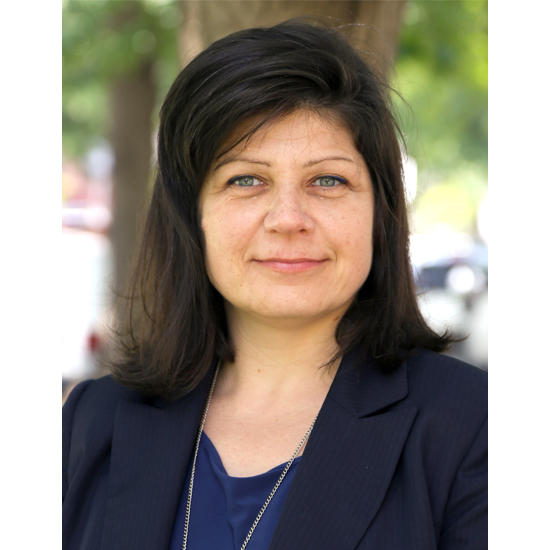
04 Apr HRH2030 Director’s Digest: April 2021
April 2021: Listen to Health Workers!
Dear Colleagues,
Today is World Health Day, which falls in the middle of World Health Worker Week. In the 12 months since we last marked these commemorations, we have seen the world’s health systems—and the health workers that are the linchpin of these systems—stretched to nearly the breaking point. And we have also seen cases of health systems resiliency—I am thinking, in particular, of the many examples coming out of the Asia Pacific region, where the challenges of health worker shortages, capacity, and morale were addressed with flexibility and innovation, even amidst the urgency of the COVID-19 crisis. And so it is exciting to see USAID renewing its commitment to health systems strengthening with their new Vision for Health System Strengthening 2030, which builds upon progress USAID has driven over the past decade while also addressing the more recent challenges countries and health workers are facing.
One of the trends we’ve seen most impacting health workers in the last 12 months is the acceleration of all kinds of virtual learning for the health workforce. Our colleague, Roxanne Ward Zaghab of HRH2030 consortium partner AIHA, writes about how multi-lateral and open-source platforms are keeping health workers on track with their professional development, while also providing new ways to exchange knowledge with their peers.
The education of the future health workforce has been another major area impacted over the past year. Many health education institutes were initially forced to close, and then had to figure out new ways to move courses and clinical practicums online. Countries cannot afford to fall behind in educating the next generation of health workers, especially as we face a global shortage of millions of health workers. HRH2030 has been looking at how technical and vocational education and training institutions (TVETs) can provide pathways to facilitate careers in health for the world’s unemployed youth. We’ve published two new publications recently that examine this issue more closely.
It’s not only health workers who have had to be flexible over the past year. Social workers have had to adapt to new constraints, too. Our HRH2030 activity in Colombia worked with our partner, the Colombian Family Welfare Institute (ICBF), to launch a positive parenting program, Mi Familia, right before the pandemic’s onset. With COVID-19, ICBF had to rapidly transition to a remote delivery method. Learn how the program managed this while maintaining the quality of services its participating parents expected. And speaking of social workers, don’t miss this moving testimonial written by HRH2030 Colombia’s regional social services specialist Aura Toro Fince, Who Provides Care for the Caregivers?
In addition to all the above, in this month’s issue of our HRH2030 Highlights, we share the recording of our World Social Work Day webinar, Integrating the Health and Social Service Sectors to Achieve Health for All. We also share our newest resources, a trio of case studies that examines National Health Workforce Accounts (NHWA), and how our program has supported their conceptualization and implementation in Ethiopia, Indonesia, and the Philippines. You can find all three at this one link.
Finally, World Health Worker Week isn’t over yet! And we’ll be honoring health workers throughout the entire month of April through our video testimonial campaign in collaboration with Frontline Health Workers Coalition, Chemonics, IntraHealth International, and Women in Global Health. If you’re a health worker, we want to hear from you. Please join in with these health workers from the Philippines, Kenya, and Uganda, along with Dr. Tedros himself, and tell us how decision-makers need to act for health workers! It’s easy to join the campaign—here’s how.
Best,
Wanda Jaskiewicz
Project Director, HRH2030






